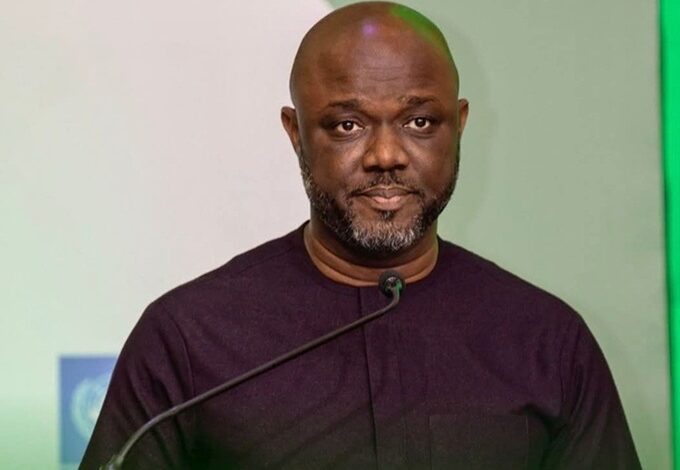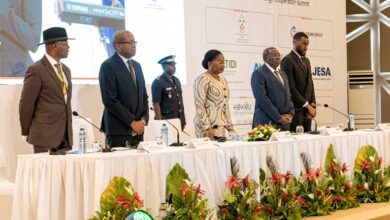Energy Poverty Draining Africa: 600m Without Power, 700k Deaths Annually

More than 600 million Africans remain trapped in darkness without electricity, while reliance on unclean cooking fuels claims over 700,000 lives annually, mostly women and children. These stark figures, shared by Benjamin Boakye, Executive Director of the Africa Centre for Energy Policy (ACEP), set the tone at the Future of Energy Conference (FEC) 2025 in Accra, where delegates gathered to confront the human and economic toll of Africa’s persistent energy poverty.
“These are not just statistics,” Boakye told policymakers, investors, and civil society leaders. “They are lives cut short, futures denied, and dreams extinguished. For any child in the 21st century to study only when God graces us with the sun or the moon is a reflection of our collective failure.”
The Price of Inaction
Energy poverty, Boakye argued, is not merely about extending power lines but about transforming access into a lived reality of affordable, reliable electricity that powers homes, industries, schools, and hospitals. Without this shift, Africa’s social development and economic transformation will remain stunted.
He stressed that Africa’s high cost of capital continues to block meaningful investment in energy, even where governments provide sovereign guarantees. This inefficiency keeps grid expansion prohibitively expensive and discourages innovation.
Opportunities Amid Transition
Boakye highlighted how global energy trends present both opportunities and risks for Africa. Record-low prices of solar photovoltaic systems with storage, and the rapid adoption of electric vehicles that cut operating costs by 60–70%, offer Africa a chance to leapfrog into clean energy futures. Yet, they also raise hard questions about stranded fossil fuel assets, lost jobs in traditional industries, and the fate of conventional infrastructure.
“Will our filling stations one day become relics, stranded as museums for the next generation?” he asked, warning that the global energy transition will not wait for Africa.
Financing Africa’s Energy Future
Themed “Financing Africa’s Energy Future: Unlocking Investments for Energy Access and Economic Transformation”, the FEC 2025 spotlighted the urgent need to rethink financing models. Boakye challenged delegates to dismantle inefficiencies across the value chain, reduce borrowing costs, and design financing instruments suited to Africa’s realities.
“True access is not wires in the ground or above it. True access is light in the home, power in the factory, and energy in the schools and hospitals,” he stressed.
Beyond Dialogue to Action
Boakye reminded participants that energy financing is not just a technical issue but a profoundly human one. “It is about dignity, equity, and the simple right to live a life of possibility,” he said, calling for decisions and not just dialogue.
He concluded by urging delegates to leave with “clearer pathways, sharper recommendations, and stronger collaborations to shift the financing paradigm” — and ensure that Africa’s energy future is not delayed to tomorrow, but delivered today.



